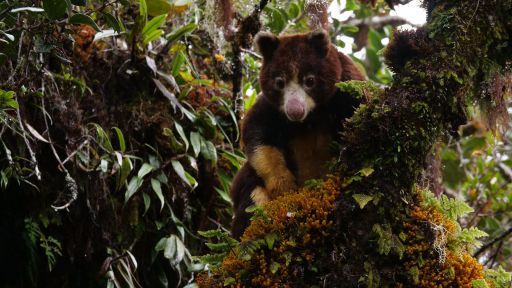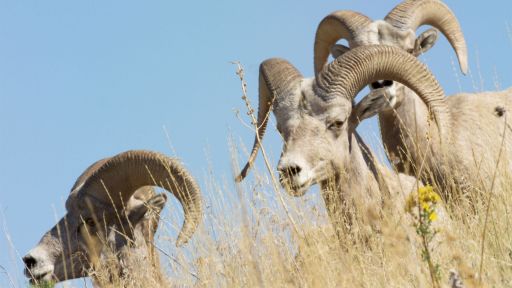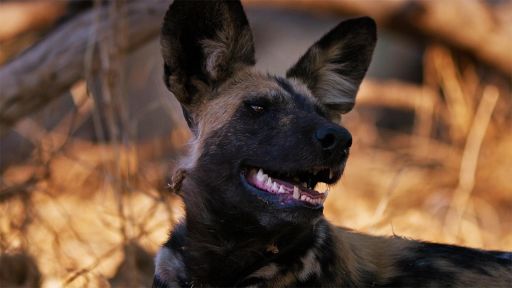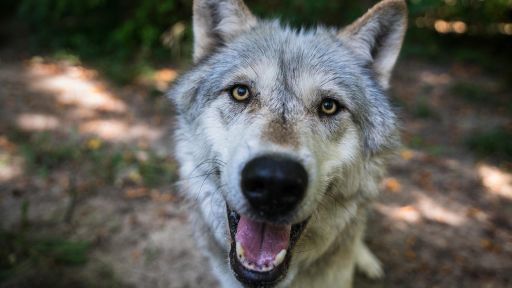With less than 20 red wolves remaining in the wild, these conservationists are working to save them. Pup cross-fostering is one strategy employed by conservationists, including Regina Mossotti from the Endangered Wolf Center in Missouri.
Features
- [Narrator] This is a red wolf, one of the most endangered canids in the world.
Less than 20 remain in the wild.
In her battle to protect them, Regina cares for these captive born red wolves in the hope they could one day save the species from extinction.
- The American red wolf is actually a species that is close to my heart because it is solely native to United States.
And what surprises me the most when I am talking and working with the public is that most people don't even know the red wolf exists, let alone that it's on the brink of extinction.
- [Narrator] Hunting, habitat loss, and a few remaining wild wolves hybridizing with coyotes have all hampered conservation efforts that have been going on for over 30 years.
- The issues that the American red wolf and the gray wolf face are all the same.
That persecution in the late 1800s led to a dramatic decline in all those populations.
But what has perpetuated it?
It's the way that our culture looks at wolves.
Think of what you've grown up with, 'Little Red Riding', 'Three Little Pigs'. When you're teenagers, it's werewolf movies.
Everything in our culture is telling us that the wolf is something to fear.
And when you fear something, you don't wanna save it.
And the irony is, is that wolves are big scaredy cats.
I don't know how else to put it.
They run away from people when they're in the wild.
They want nothing to do with humans.
- [Narrator] Now, conservationists are in one final push to save the red wolf.
Pups born in Regina's care are a key to what could be a game changer for the red wolf's survival, pup cross-fostering.
- A very creative biologist learning about wolves and seeing their behavior and their nurturing character had the concept of pup fostering, which is taking tiny puppies, I mean potato-sized less than two-week-old puppies, and placing them into wild dens.
- [Narrator] Once a wild wolf mother has given birth to a litter, captive born pups of a similar age are introduced into the den.
- They want to take care of their puppies.
They protect them.
They clean them. They feed them.
And by just placing a few more puppies in there, she doesn't know the difference.
She takes them in as her own.
And why it works is because wolves are so incredibly nurturing.
And the best part is here's a wild mom and a wild dad who know how to protect their territory, who know how to hunt elk, who know how to stay away from people, can raise these puppies and teach them those really important skill sets, so those puppies survive and thrive.
- [Narrator] Regina and her team have shown that cross-fostered wolf pups have a higher rate of survival than other kinds of wolf release.
You May Also Like








